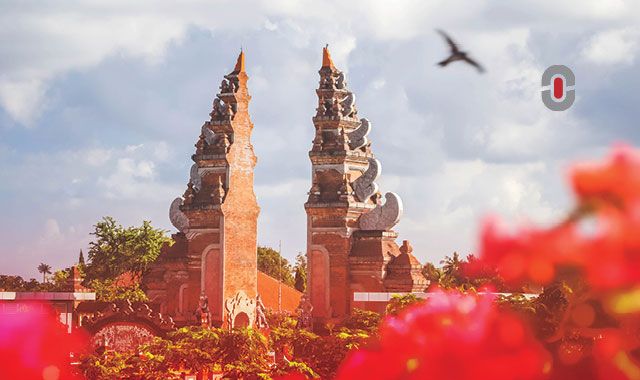Japanese authors such as Haruki Murakami are well-known the world over for their captivating literature. Indeed, there are multiple Asian authors that have made it front and center on the international literary stage. But what about Indonesian literature?
The 273.8 million-strong nation of Indonesia has some hidden literary gems. But the world is slowly starting to take notice of them. With this in mind, we explore the bright future of translating Indonesian literature as well as some of the challenges that may lie ahead, particularly with regard to the translation of such literary works.
Notable names in Indonesian literature
Despite the fact that a lot remains unknown about Indonesian literature, some Indonesian writers have garnered an international following and among these include names such as:
- Pramoedya Ananta Toer
- Mochtar Lubis
- Eka Kurniawan
- Lelaki Harimau
- Ayu Utami
- WS Rendra
- Budi Darma
Readers all over the world are slowly but surely becoming more and more familiar with these impressive Indonesian authors and it’s no surprise that in 2015, Indonesia was named the guest of honor country at the Frankfurt Book Fair.
This, when it comes to the field of literature, was the biggest and most important event of the year for Indonesian literature. Captivating the hearts and minds of people worldwide, Indonesian authors are finally coming to the fore and showcasing their talents, ensuring that Indonesian literature is a catalyst for cultural exchange.
Gaining the world’s attention through Indonesian literature
Gaining the world’s attention through Indonesian literature is no easy feat though. That’s because the country is home to such a vast population who speaks a plethora of languages, among which are Indonesian, Javanese, Sundanese, and Madurese.
Even if there was a unified language spoken within Indonesia, there is still the challenge for writers in that publishing houses are still small and inexperienced when it comes to entering the global stage. As such, translations become critically important as books first need to be translated from Indonesian (or another language) to English and then from English to other popular global languages.
Further to this, it’s well-known that translation requires a specially careful touch in order to convey an author’s intended meaning through accurate usage of words. However, direct translations are sometimes ineffective and this requires special attention in the translation process.
Finally, once the translation is complete, it’s necessary to publish and market these literary works in Indonesian literature, which requires a whole international team to get behind the efforts to ensure a smooth global promotion process to give Indonesian authors the spotlight they deserve.
In fact, some of the challenges that were identified before the Frankfurt Book Fair in 2015 included the following:
- Support from the public and private sector
- Coordination with different international institutes
- The small size of publishing houses
- Creation of a blog
- Translation from Indonesian to English and then German
- Accurate German translations for a high quantity of literary works
- Printing and marketing of Indonesian literature
- Conversion into e-book formats
- Limited portfolios of Indonesian writers in terms of short stories
- The creation of a website
- Clear and transparent rules and regulations
- Bureaucracy in Indonesia
- Competition from other countries
Translation’s power to transform
Translating Indonesian literature can put the country on the international map when it comes to influential writing by high-quality authors. Yet, translating Indonesian comes with its own challenges. Among these include the following:

- A limited vocabulary in terms of the source and target languages
- Limited understanding and proficiency in understanding Indonesian rules of grammar
- Differences in language families (Indonesian belongs to the Austronesian language family and English to the Germanic language family)
- There are many inconsistencies between the two languages when it comes to a comparison of syntax, vocabulary, and sentence structure
- Sentence structure in Indonesian can be made more complex by the fact that there are no articles in sentences, there are multiple forms of “you” that can be used and gender is recognized in different ways
- Idiomatic expressions are traditionally very hard to translate between language pairs that are historically and linguistically very far from each other
- The creation of compound words in Indonesian is much more difficult to convey than the creation of compound words in English
- Knowing the context of a double word’s meaning is crucial because this can indicate plurals or convey an entirely different meaning altogether
This is why the translation of Indonesian literature requires a lot of thoughtful planning and preparation before major Indonesian literary works can make it to the international stage.
In conclusion
Indonesian literature is slowly but surely making it on the global stage as more Indonesian authors are becoming internationally recognized through their works. However, a lot still remains to be done to get their literary works exposed to an international audience. Apart from logistics, there are also linguistic challenges that must be borne in mind by translators who do IN to EN translations and then EN to other target languages. Of course, the field of Indonesian-English translation specialists is quite sparse and you need the right translation partner that specializes in Indonesian-English and Indonesian-rest of world translations.
